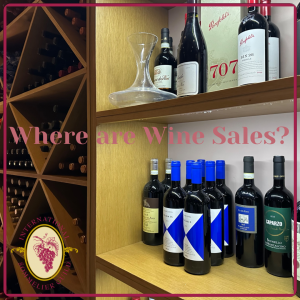The beautiful country of Turkey is a land of fertile terroir. It has a stunning climate that’s hot yet not humid, ideal for making wine. Although it’s had a long winemaking tradition, the current regime is making things difficult for those who have practiced the art of growing vines and turning them into wine as a means to support their families.
Much of the wine in Turkey comes from native grape varieties like Narince, Kalecik, and Karasi for example. However, the growers that haven’t been scared off from their traditions have increasingly turned to European grapes in order to find new markets to keep their business’ alive.
The International Organization of Vine and Wine (OIV) notes that Turkey currently has the 5th largest area of vineyards in use anywhere in the world. Sadly, because of the political state, many of these grapes merely get eaten fresh or are dried for later consumption.
This is all largely due to religious reasoning for the country abides by Muslim beliefs. Winegrowers have continued to step up quality over the last decade while Belgium remains the largest market abroad for these wines, though Turkish wines can also be found in the UK, Germany, and the US.
The high taxes and stricter regulations of President Recep Tayyip Erdogan have made it all the more difficult for the world to get a taste of Turkish wines. Restrictions in regards to alcohol in Turkey have been around for ages. In the 17th century during the Ottoman Empire, Sultan Murad IV placed a massive ban on alcohol (coffee and tobacco too). Interestingly, he died from alcoholism.
Still, if you go to Turkey today, you won’t see any form of alcohol advertised there. You’re not even allowed to order it online though you will find it in supermarkets. The ban is unfortunately affecting the expansion of wine culture for the country. To add insult to injury, there may also be a consumption tax added in addition to the already steep 18% VAT tax.
Despite this, that hasn’t stopped winemakers from living their dreams of bringing Turkish wine to the forefront of wine consumer’s minds. After all, the soil and climate are ripe for production. Hanging onto the optimism, many are going forward without letting obstacles stop them. Wine has always been produced in these fertile lands and with international acclaim in the form of gold medals at various competitions, the future has potential.
Even though wine exports have been relatively stagnant for several years, the wine producers still are at work, honing their craft and preparing for the next great renaissance of Turkish wine to wow the world.







